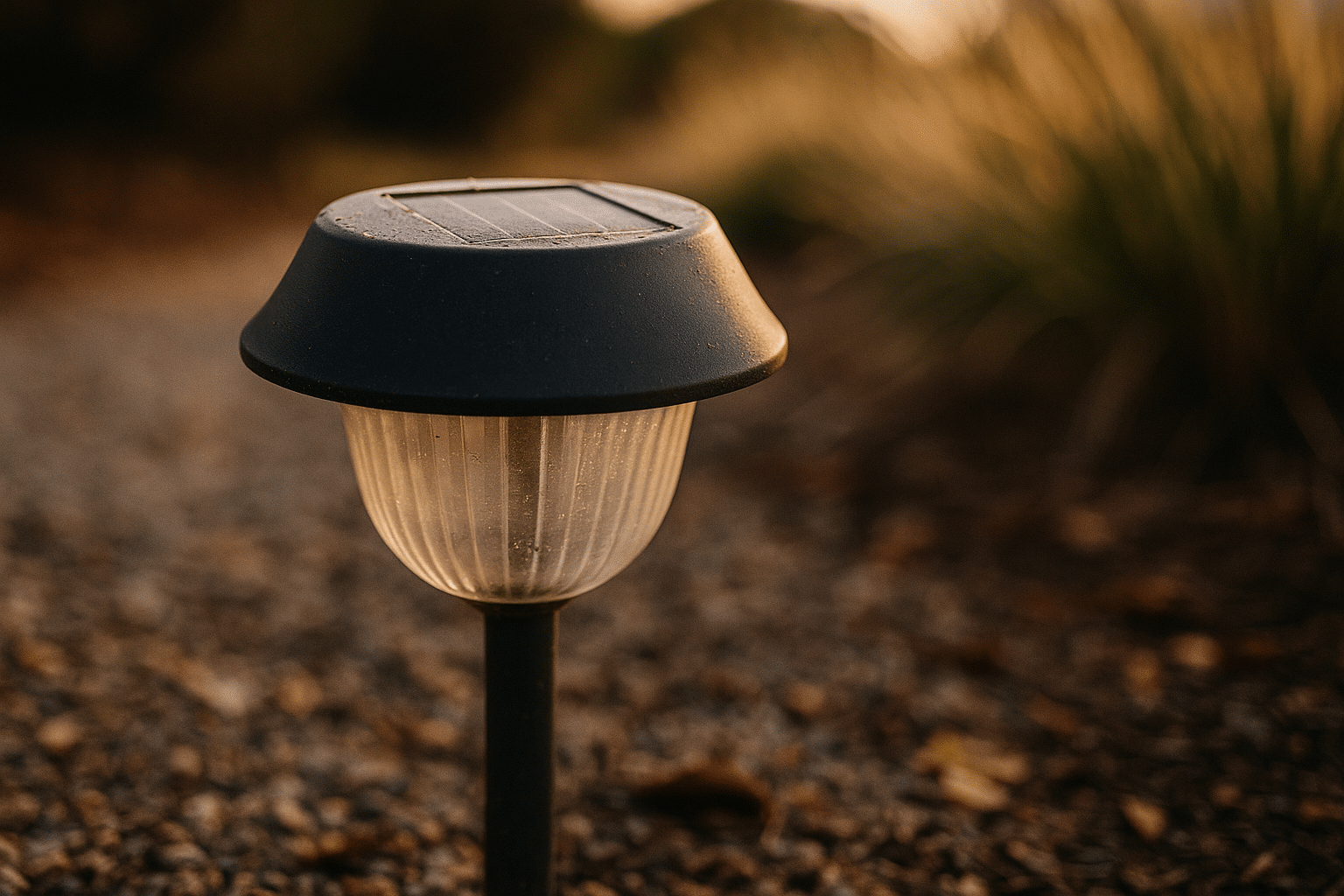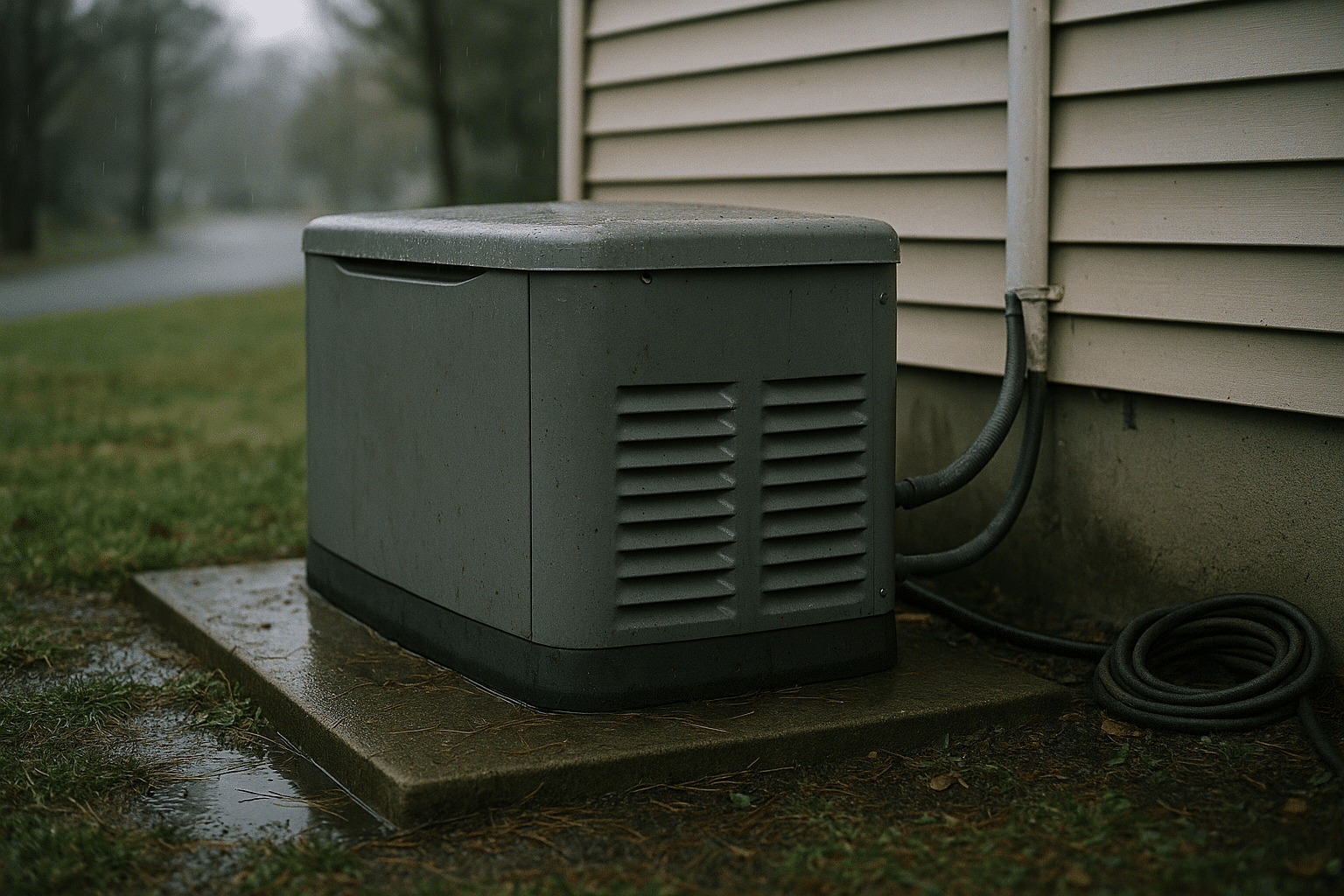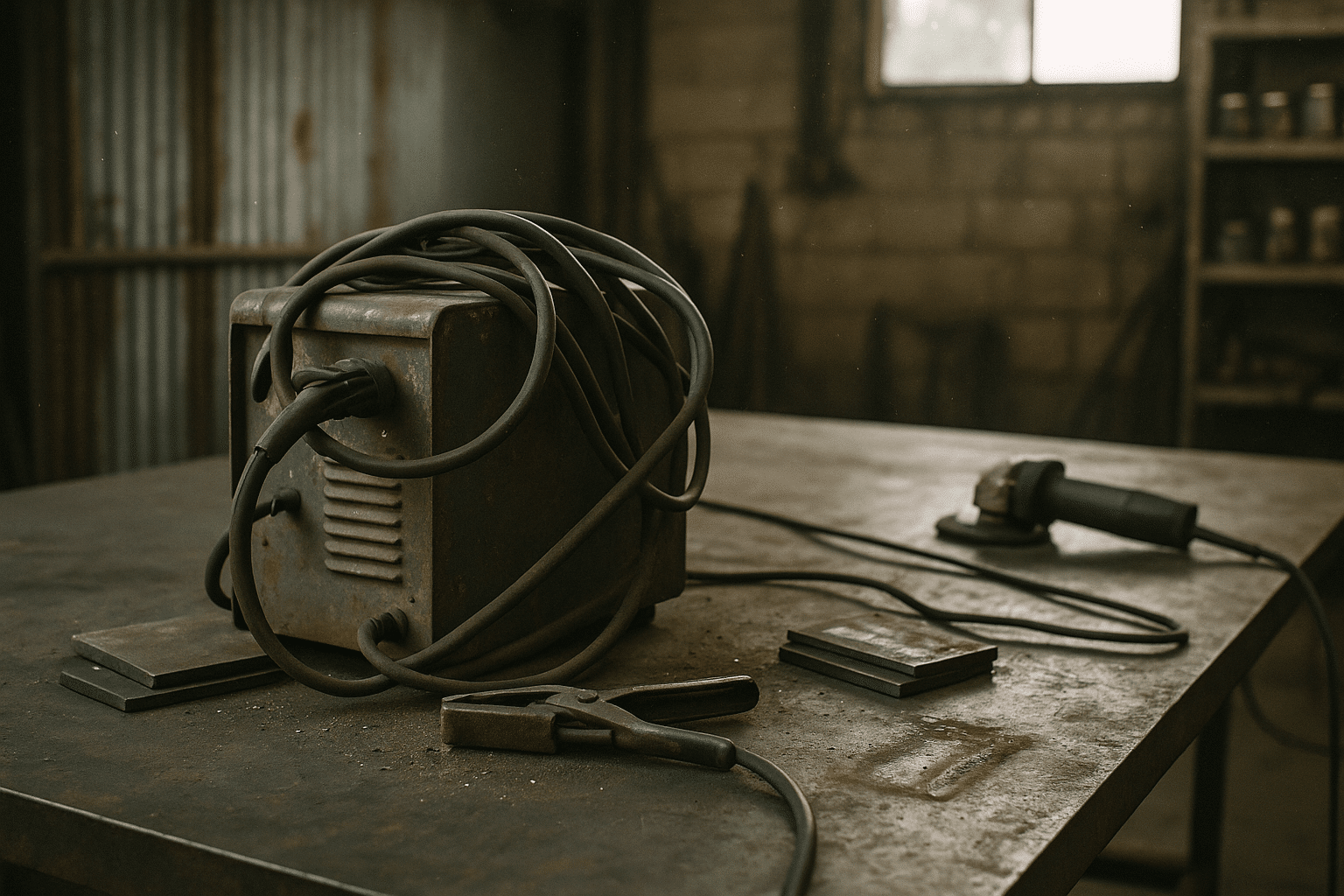
River Boat Cruises: A Guide to Scenic Waterway Journeys
Outline:
– Why Rivers Make Remarkable Journeys
– Choosing the Right Itinerary and Season
– Life On Board: Cabins, Dining, and Daily Rhythm
– Budget, Value, and Booking Tips
– Sustainability, Safety, and Responsible Travel
Why Rivers Make Remarkable Journeys
River travel slows the world to a pace that suits looking closely. Unlike ocean voyages that spend days at sea, river boats glide past villages, vineyards, and wharves at human scale, often 10–20 km/h, so scenes feel like moving postcards. You dock near the historic core instead of a distant port, step ashore within minutes, and return without long transfers. That proximity shapes the experience: more time for markets, museums, and riverside paths; less time in buses. In Europe alone, there are over 37,000 km of navigable inland waterways, and many cities—think castle-topped hill towns and canal-ringed capitals—were built to face the river, not the road. Rivers remain working corridors too, which means your deck view can include barges loading grain, anglers at dawn, and the engineering ballet of locks lifting vessels between elevations.
Compared with road trips, river cruising removes logistics without stripping away texture. Your room travels with you; luggage stays unpacked; yet the view changes hour by hour. Compared with ocean ships, the vessels are smaller and calmer, offering a gentler ride and more frequent shore time. The scenery is continuous and layered: one bend frames terraced slopes; the next, basalt cliffs or reed beds alive with birds. Locks and bridges become chapters in the story. The Main–Danube Canal alone stretches about 171 km and uses multiple locks to connect the North Sea and the Black Sea via river systems—an audacious piece of 20th-century engineering you can actually feel as the boat silently rises.
Expect a mix of nature, culture, and everyday life up close. In a single day you might see:
– Architectural layers within steps of the pier
– Working locks and riverside industries that reveal how regions earn a living
– Wildlife at eye level—herons, cormorants, and fish dimpling the surface
– Seasonal scenes, from spring bloom to autumn harvest along sloping vineyards
A river’s intimacy is the draw: less spectacle, more connection. That makes these journeys appealing to travelers who value ease without losing the thrill of discovery.
Choosing the Right Itinerary and Season
With dozens of storied rivers on the map, the most suitable route depends on your interests, mobility, and the calendar. European classics blend castles, cafés, and compact old towns; you can cruise for 7–10 days and sample several countries without long road legs. Autumn brings grape harvests and golden hills along wine valleys, while late November and December add festive markets and illuminated riverfronts. Summer offers long daylight but also more crowds and potentially higher temperatures, especially on southern routes. The Douro, for example, can be hot from June to August, yet spring and early fall tend to be comfortable and vividly green.
Outside Europe, choices diversify. The Nile pairs temples, desert horizons, and fertile banks in a route where cooler months (roughly October to April) are easier for extensive archaeological touring. The Mekong delivers floating villages, seasonal rice fields, and a dramatic hydrological shift as the monsoon swells its flow—expect higher water and greener landscapes from May to October, with drier, clearer skies from November to February. In North America, itineraries on broad, meandering channels showcase river towns, civil war-era landmarks, and floodplain ecosystems; spring and fall generally offer milder temperatures and changing foliage. Tropical rivers such as those in South America offer rainforest biodiversity, mirror-like blackwater tributaries, and frequent wildlife sightings; wet and dry seasons can drastically alter water levels and access to smaller channels.
To narrow the field, match themes to calendars:
– Culture-forward routes: seek shoulder seasons for cooler walking tours and thinner crowds
– Wine and food emphasis: target harvest periods and regional festivals
– Wildlife and landscapes: consider high-water windows for deeper channel access, or low water for exposed sandbars and nesting sites
– Holiday ambiance: choose late-year dates for riverside lights and local craft markets
Trip length matters too. Long itineraries (12–15 days) feel like unfolding novels with time for slower mornings and bonus stops, while short journeys (3–5 days) work as scenic add-ons to land trips. Whatever you choose, verify typical water level patterns and any civic events that may affect docking, and plan flights with a buffer day to offset delays and settle into the rhythm.
Life On Board: Cabins, Dining, and Daily Rhythm
River boats are intimate by design, often carrying fewer than 200 guests, which shapes onboard life in pleasant ways. Cabins typically range from compact but efficient lower-deck rooms with fixed windows to upper-deck cabins with sliding glass doors or small balconies. Floor areas of roughly 12–25 m² are common, so smart storage—under-bed luggage space, built-in shelves—matters. If you’re sensitive to noise or early docking maneuvers, consider midship cabins away from bow thrusters and above the waterline. Accessibility varies; some boats have elevators between main decks, but gangways can be steep during low water. Checking deck plans and asking about step-free access can prevent surprises.
Dining reflects the corridor you’re traveling. Menus often weave in regional ingredients—river fish, local cheeses, seasonal produce—alongside familiar favorites. Breakfast is usually a relaxed buffet, lunch a mix of salads and hot dishes, and dinner a multi-course service with vegetarian options. Dress codes tend to be relaxed; smart-casual fits nearly every evening. Coffee and tea stations are common, and afternoon snacks appear when the ship departs a port. While many packages include most meals and some drinks, premium beverages or specialty tastings may carry a surcharge. Dietary needs are widely accommodated with advance notice, from gluten-free to plant-forward menus.
The daily rhythm balances movement and meandering. Mornings may begin with quiet sailing through misty banks, followed by a guided walk or a museum visit; afternoons bring optional bike rides, tastings, or time on deck. Wi‑Fi is typically available but can fluctuate when passing through valleys or locks. A light wellness program—stretch classes or a small fitness room—helps counter all that good food. Packing a few essentials ensures comfort:
– Soft-soled walking shoes for cobblestones and ship decks
– Light layers and a foldable rain jacket for variable weather
– A compact daypack, refillable water bottle, and sun protection
– A travel adapter and an e‑reader or notebook for slow-sailing moments
In the evenings, local musicians, lectures, or simple stargazing take over. The show is often outside the window—the river itself.
Budget, Value, and Booking Tips
Understanding pricing helps you compare apples to apples across regions. Published rates often bundle lodging, most meals, and standard shore excursions. A useful way to compare is cost per person per night. On many routes, indicative ranges run from moderate to premium depending on season, cabin category, and included amenities. Shoulder seasons can be more affordable than peak months, and lower-deck cabins usually price under balcony cabins. Single travelers should watch for reduced supplements or dedicated single-occupancy cabins that occasionally appear during less busy departures.
Beyond the base fare, set expectations for extras so there are no surprises:
– Port charges and local taxes that vary by region
– Gratuities, which may be pooled and outlined in daily guidance
– Premium drinks, specialty tastings, or à la carte dining events
– Optional excursions such as private tours, bike rentals, or evening performances
– Travel insurance to cover medical needs and itinerary disruptions
Those add-ons can be modest or meaningful depending on your habits. Estimating a daily buffer for incidentals keeps the budget realistic and reduces decision fatigue once onboard.
To stretch value, compare itineraries that include hard-to-reach towns or scenic stretches with more lock passages, where logistics are trickier by land. Booking early can secure preferred cabins and promotional fares, while last-minute deals occasionally surface for flexible travelers. Consider the trade-offs among cabin categories: a lower-deck window cabin frees funds for special experiences ashore; an upper-deck balcony maximizes private viewing during scenic sections. Review cancellation terms, medical coverage requirements, and documentation needs well ahead of time, especially for multi-country routes. Finally, build a thoughtful flight plan—arriving a day early reduces stress, and choosing an open-jaw ticket for one-way cruises can save time and ground transfers.
Sustainability, Safety, and Responsible Travel
River cruising interacts intimately with local environments, so responsible choices matter. Modern boats increasingly use low-sulfur fuels, efficient hull designs, and in some ports, shore power to reduce emissions while docked. Wastewater is typically treated onboard and discharged according to strict regulations, and supplies are often sourced locally, which supports regional producers. As a traveler, your habits compound these efforts: refill a bottle instead of buying single-use plastics, keep cabin climate control moderate, and opt for walking tours in compact towns.
Safety is a layered system rather than a single feature. Crews conduct muster briefings, cabins contain life jackets, and shallow-draft designs allow close maneuvering even when channels tighten. Local pilots may board in complex sections, and navigation schedules respect daylight and lock timetables. Still, rivers are living systems; water levels can surge after heavy rain or recede during heatwaves. In rare cases, buses replace a stretch of sailing to keep the itinerary on track, or the ship may pivot to a nearby route that remains open. Packing flexibility—good footwear, medications, and a willingness to adapt—turns these hiccups into footnotes rather than frustrations.
Responsible travel extends ashore:
– Learn a few phrases and local customs; it opens doors and smiles
– Support independent cafés and artisans near the pier
– Dress with cultural sensitivity in places of worship
– Keep wildlife wild—observe, don’t feed, and use quiet voices on nature walks
Health-wise, sun, hydration, and insects are the main considerations. In tropical regions, consult a clinician about recommended vaccinations and prophylaxis, use repellent, and wear light long sleeves at dusk. Motion sickness is uncommon on rivers due to minimal swell, but those sensitive to movement may prefer midship cabins. Accessibility varies by town—some piers meet gently sloping promenades, others connect to steep steps—so asking staff for the easiest route often reveals a scenic shortcut. When travelers and crews act with care, a river cruise becomes not only memorable but genuinely well-regarded by the communities along the banks.
Conclusion: Charting Your Course With Confidence
River boat cruises reward curiosity with closeness—close to history, to everyday life, and to landscapes that shift bend by bend. If you match the itinerary to your interests, mind the seasons, and budget with eyes open, the result is a journey that feels effortless yet rich in detail. Use the guidance above to weigh routes, cabins, and costs, and to travel responsibly in places that welcome you within steps of the gangway. With a plan in hand and room for serendipity, the river will do what it does naturally: carry you forward, steadily and beautifully.


